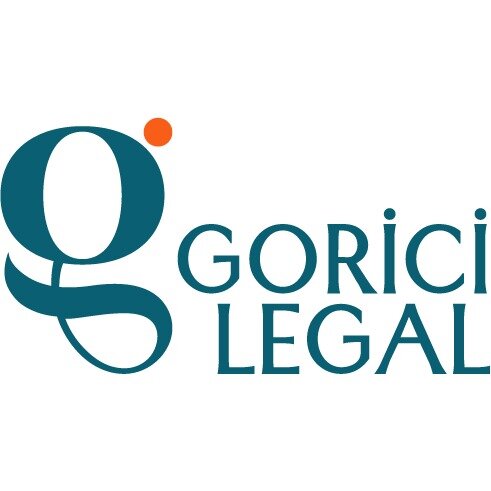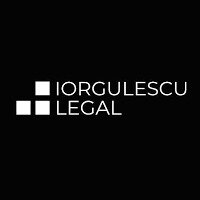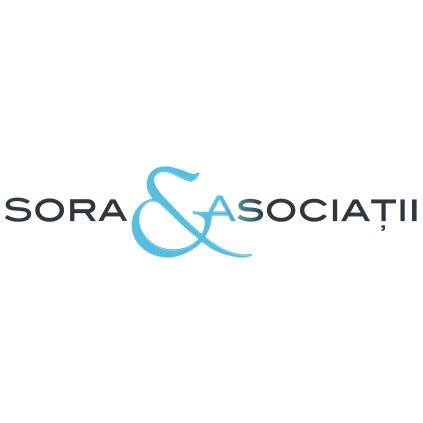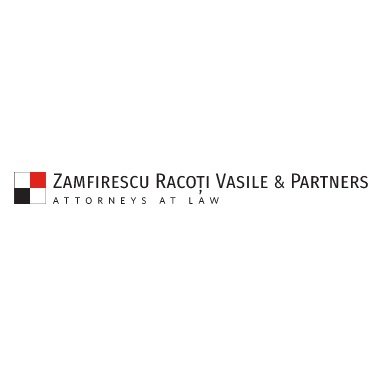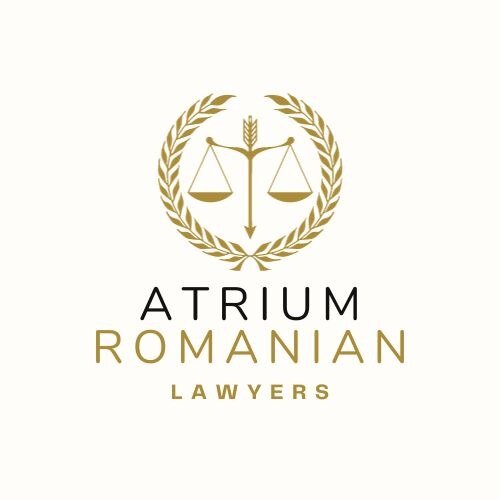Best Art & Cultural Property Law Lawyers in Romania
Share your needs with us, get contacted by law firms.
Free. Takes 2 min.
Or refine your search by selecting a city:
List of the best lawyers in Romania
About Art & Cultural Property Law in Romania
Art & Cultural Property Law in Romania is designed to protect the country's rich cultural heritage and ensure that artworks, artifacts, and other culturally significant objects are preserved and managed properly. This field of law encompasses the creation, authentication, transaction, and preservation of cultural properties. It involves regulations on heritage protection, anti-trafficking measures, as well as guidelines for the acquisition, export, and repatriation of art and cultural goods. Romania, with its rich history and cultural artifacts, has robust legal frameworks aimed at safeguarding these assets for future generations.
Why You May Need a Lawyer
Individuals and organizations might require legal assistance in Art & Cultural Property Law for a variety of reasons, such as:
- Acquiring or selling artworks and ensuring compliance with relevant laws.
- Dealing with the repatriation of cultural objects that may have been illegally exported.
- Handling inheritance issues involving valuable cultural items.
- Navigating the legal aspects of loaning artifacts to museums or exhibitions.
- Addressing disputes over authenticity or provenance of artworks.
- Consulting on the legalities surrounding the restoration or conservation of cultural property.
- Representation in litigation concerning cultural property rights.
Local Laws Overview
Romanian Art & Cultural Property Law is governed by several pieces of legislation, most notably:
- Law No. 422/2001: This law regulates the protection of historical monuments, setting criteria for listing and procedures for conservation and restoration.
- Law No. 182/2000: Aimed at protecting movable cultural heritage, it prohibits unauthorized export of cultural items and provides guidelines for their recovery and repatriation.
- Government Ordinance No. 43/2000: Focuses on archaeological heritage protection and establishes the framework for conducting archaeological research.
- UNESCO and European Union Regulations: Romania abides by international conventions such as the UNESCO 1970 Convention and follows applicable EU regulations on the movement and protection of cultural goods.
Frequently Asked Questions
What are cultural properties?
Cultural properties include art, artifacts, historical objects, and other items of significance to a country's cultural heritage. They are protected under national and international laws to preserve cultural identity.
What is repatriation in the context of cultural property?
Repatriation refers to the process of returning cultural artifacts to their country of origin, particularly when they have been removed illegally or unethically.
What are the penalties for illegally exporting cultural goods from Romania?
Penalties can include hefty fines, imprisonment, and the confiscation of the illegally exported items. Legal proceedings aim to return the items to Romania.
How is the authenticity of an artwork determined?
The authenticity is often determined through provenance research, expert analysis, and sometimes scientific examination. Legal assistance can ensure these processes meet legal standards.
Are there any tax implications when buying or selling cultural properties?
Yes, there may be tax implications, including VAT on sales and potential tax benefits for certain transactions. A lawyer can provide guidance based on current regulations.
Can cultural properties be insured?
Yes, cultural properties can and often should be insured to protect against damage, theft, or loss. Special insurance policies cater to the unique nature of these items.
What steps should I take if I find an artifact on my property?
You should report the discovery to local authorities as certain artifacts may be considered state property. Failure to report can result in legal penalties.
Is it legal to restore an artifact in Romania?
Restoration is legal but must comply with guidelines to preserve the artifact's integrity and authenticity. Professional conservators often handle such tasks.
What should I consider when lending an artifact to a museum?
Legal agreements should detail the terms of the loan, including insurance, duration, and responsibilities for damage. A lawyer can help draft these agreements.
What is provenance, and why is it important?
Provenance refers to the documented history of an artwork or artifact. It is crucial for establishing authenticity and legal ownership, reducing the risk of disputes.
Additional Resources
For further assistance, consider the following resources:
- Ministry of Culture and National Identity: Oversees cultural heritage preservation policies.
- National Heritage Institute: Offers insights into conservation and registry of heritage sites.
- UNESCO World Heritage Centre: Provides international context on heritage protection.
Next Steps
If you require legal assistance in Art & Cultural Property Law, consider contacting a specialized lawyer or law firm. Prepare all relevant documents, research, and list any questions or concerns to discuss with your lawyer. This will help ensure a productive consultation and that all legal aspects are covered thoroughly.
Lawzana helps you find the best lawyers and law firms in Romania through a curated and pre-screened list of qualified legal professionals. Our platform offers rankings and detailed profiles of attorneys and law firms, allowing you to compare based on practice areas, including Art & Cultural Property Law, experience, and client feedback.
Each profile includes a description of the firm's areas of practice, client reviews, team members and partners, year of establishment, spoken languages, office locations, contact information, social media presence, and any published articles or resources. Most firms on our platform speak English and are experienced in both local and international legal matters.
Get a quote from top-rated law firms in Romania — quickly, securely, and without unnecessary hassle.
Disclaimer:
The information provided on this page is for general informational purposes only and does not constitute legal advice. While we strive to ensure the accuracy and relevance of the content, legal information may change over time, and interpretations of the law can vary. You should always consult with a qualified legal professional for advice specific to your situation.
We disclaim all liability for actions taken or not taken based on the content of this page. If you believe any information is incorrect or outdated, please contact us, and we will review and update it where appropriate.
Browse art & cultural property law law firms by city in Romania
Refine your search by selecting a city.




